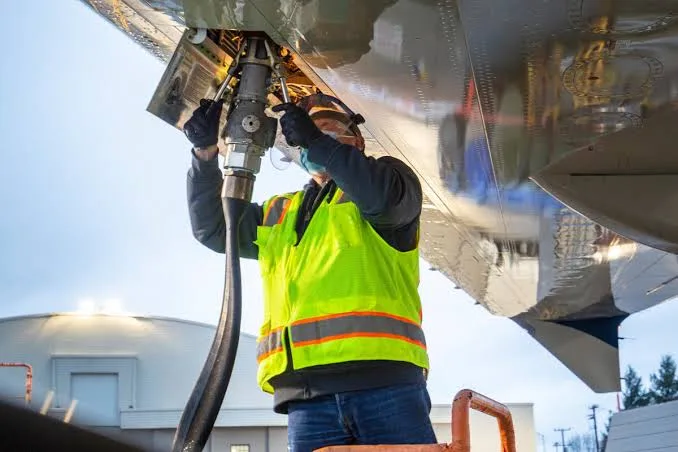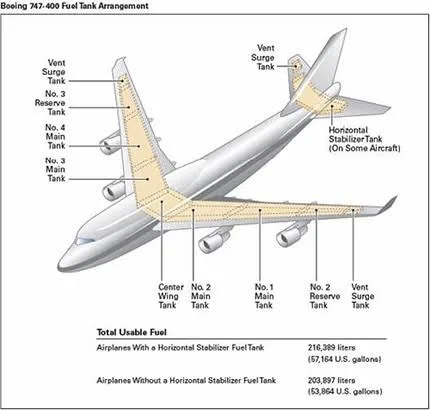The US Federal Aviation Administration (FAA) and Boeing have confirmed that the fuel switch locks on Boeing planes are safe, despite recent scrutiny following a deadly crash in India. The FAA issued a Continued Airworthiness Notification on July 11, stating that the fuel control switch design does not pose an unsafe condition warranting an Airworthiness Directive on any Boeing airplane models, including the Model 787.
Background of the Crash
The notification came after a preliminary report into the June 12 Boeing 787-8 crash in Ahmedabad, India, which killed 260 people and raised questions about engine fuel cutoff switches. The report referenced a 2018 FAA advisory suggesting inspections of fuel switch locks on certain Boeing models, including the 787, to prevent accidental movement.

Key Findings and Responses
– *FAA’s Stance*:
The FAA clarified that the fuel switch locks are safe and do not require further directives.
– *Boeing’s Response*: Boeing echoed the FAA’s stance, stating no action is currently recommended for airlines.
– *Air India Compliance*:
The preliminary investigation report noted that Air India had not carried out the FAA’s suggested inspections in 2018, as they were not mandatory.
– *Pilot Association’s Concerns*:
ALPA India, representing Indian pilots, rejected the presumption of pilot error and called for a fair, fact-based inquiry, requesting to be part of the probe as observers.

Investigation and Safety Measures
The investigation into the crash is ongoing, with calls for transparency and thoroughness. The FAA’s notification and Boeing’s response aim to reassure airlines and passengers about the safety of Boeing planes. However, the incident highlights the importance of rigorous safety protocols and regular inspections to prevent accidents.
Conclusion
The FAA and Boeing’s assurance on the safety of fuel switch locks provides critical information for the aviation industry. As the investigation continues, the focus remains on ensuring the highest safety standards and preventing similar incidents in the future.
